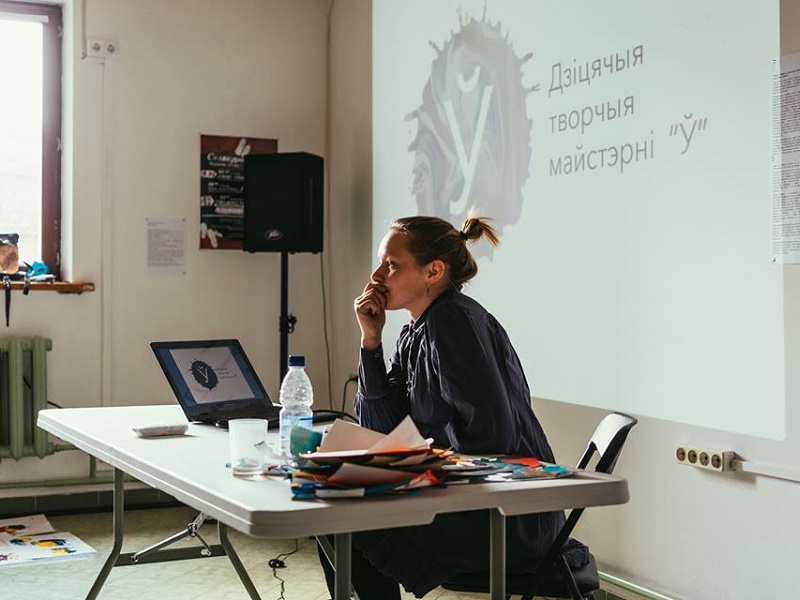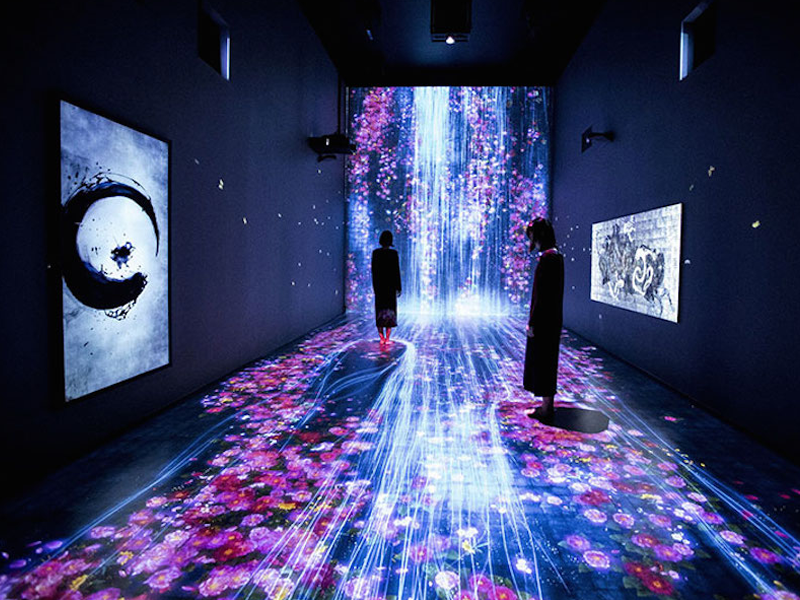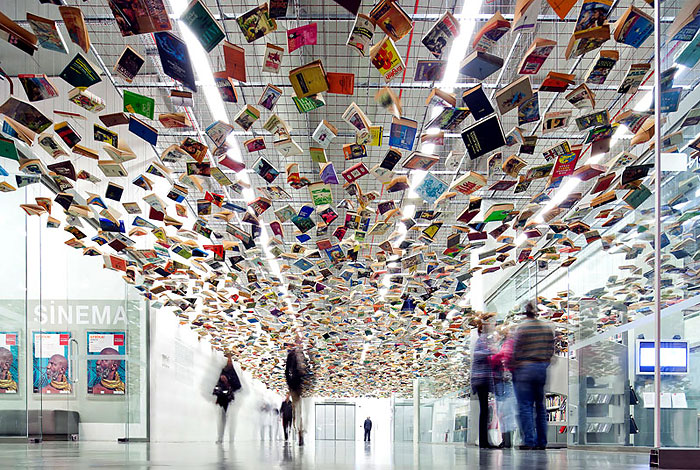
Luka Piskoric: “The Possibilities of the Creative Sector are Limitless”
Luka, could you tell us about Poligon. What are its main goal and objectives as a cultural organisation?
Poligon is the first educational and creative centre in Ljubljana to offer a whole range of opportunities for creative and social entrepreneurs, cultural operators and freelancers. In 2011, we were looking for ways to expand cooperation among these groups. On the one hand, public policy contributed to this actively, but in reality, the government was doing nothing to meet the needs of the growing market. Therefore, in 2011, we founded the Slovenia Coworking Initiative and presented Slovenia with the concept of a coworking space as a public space where people work together and exchange knowledge.
We began to experiment with crowdfunding and promote it as a very important way of raising money to help many young creative people start their projects. In February 2014, we founded Poligon, the first Slovenian creative centre with an area of more than 1,200 square metres. We have a co-working space, we also hold many events here. In the last three and a half years, we have held more than 400 events and received over 40,000 visitors. Our goal is to meet the needs of society (not just those of the creative class) and bring people new solutions and opportunities to learn something new, work together and create new projects.
That is, you have become a communication platform for the creative class and you have a community around you.
Absolutely. On the one hand, at Poligon, we receive many people and communities that do not have their own spaces—web developers, for example. We also hold many events, organise thematic conferences. For example, we organised the first Slovenian Co-working Conference, the first Regional Crowdfunding Forum, the Freelancers Conference, etc. All this contributes to the development of the environment and knowledge sharing. We also invite government stakeholders to introduce these opportunities to them and, perhaps, include them in their policies. Thus, the community, on the one hand, develops, and on the other, influences politicians so that they start considering opportunities that are important for the development of the creative industries.

How difficult was it to make Poligon a financially sustainable project?
It was difficult to make Poligon financially sustainable. On the one hand, we had to impose a membership fee and, on the other, it was important to keep it affordable. Obtaining government support is very difficult, but we haven’t given up. We are registered as a social enterprise, and we’re now working in the main to cover our costs. It’s not easy, but it’s possible when you see the results and the impact of your work.
Was it difficult for you to become a recognisable place on Ljubljana’s cultural map, to make it a popular and visible space?
From the outset, the media have been writing a lot about us, after all, the media love success stories that inspire optimism and open new possibilities [laughs—author’s note]. The essence of Poligon is that it offers new opportunities, inspires and, of course, offers support and values that we convey through our communication channels. I would say that society appreciates us—not only our audience but the whole of Ljubljana and Slovenia. They see an important driving force in us, and, I would say, we have a good reputation. Thanks to this, we are developing organically. This, I believe, is very important, as Poligon is a grassroots initiative that is developing with its own resources, and it is constantly adapting to the needs of the community and developing new concepts based on real needs and opportunities.
What are the main lessons learned in the process of developing Poligon?
The main reason for opening Poligon was that we already had a community formed in the process of organising events. By definition, a community is people sharing common values and goals. Of course, if people work together, then that requires trust, and trust is the main quality for starting cooperation and exchanging experience and knowledge. It is the building of trust that was our biggest challenge in the beginning. We succeeded at that and it was plain sailing from then on.
In your opinion, what additional advantages do culture and creativity offer society?
I think that the opportunities that the creative and cultural sector can open for society are limitless. The economic impact is, of course, the most obvious, but today social dimensions of culture’s influence are apparent too. Creative young people no longer want to create meaningless projects. They want to work on something meaningful, that would contribute to solving political, environmental and industrial problems.
Activism is also a way of using creativity to raise current political and social issues: migrants, the crisis, LGBT rights… How can we implement projects that impact society, how can we solve environmental problems? How can we create sustainable products that would not affect the environment? This is one of the goals that we set from the beginning. And we believe that the cultural and creative sector has huge potential for the development of social entrepreneurship. It can really solve crisis problems experienced in the economy and society.

What factors matter for the sustainable development of the creative industries?
The creative industries are closely linked with each other, and many projects combine various sub-sectors. Almost all projects implemented in the creative industries are a synthesis of different sectors. It is very important to create and nurture an environment in which creativity can flourish and have potential. We need a friendly, open environment that would motivate creative youth, an environment that allows the implementation of ideas together.
That is why the government of any country should make every effort to facilitate the development of this sector since it possesses such great potential for developing all other sectors.
What should countries do for their creative sectors to develop successfully? What should their priorities be?
I think that one of the most important things is organising and supporting grassroots initiatives that need recognition and support at their early stages to survive. We see many initiatives with very good ideas, but they sometimes lack the management and marketing skills. They simply need support at the initial stage. There are many creative initiatives with huge potential, but they can easily disappear without support. I think that one of the most important goals is finding these grassroots initiatives and nurturing them so that they become a movement and begin joint work in wider ecosystems.
Why is it extremely important to work with foreign partners and build strong partnership networks?
International partners are extremely important to us because we consider them our colleagues. We work together in Slovenia, a very small country, and the population of Ljubljana is roughly 300,000. We need like-minded people who share our vision and values. We look for colleagues who would work with us, share their knowledge and, of course, develop ideas and technologies that would contribute to the development of the creative industries. This is one of our priorities. And this is what we are working towards, for example, with many countries, such as Croatia, Serbia, etc.
Could you give a few practical tips for cultural operators? What should they bear in mind? What mistakes should they avoid when coming up with creative projects?
I think that one of the most important things is the development of a community or, as you put it, expanding the audience. Your community is really your main support, a group of people that helps you, collaborates with you, etc. I believe that social capital is the foundation of any project.




